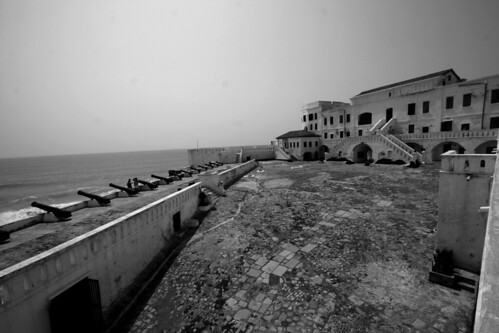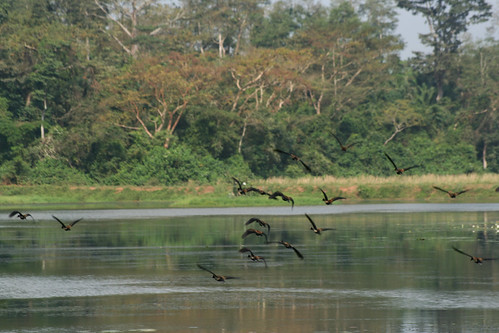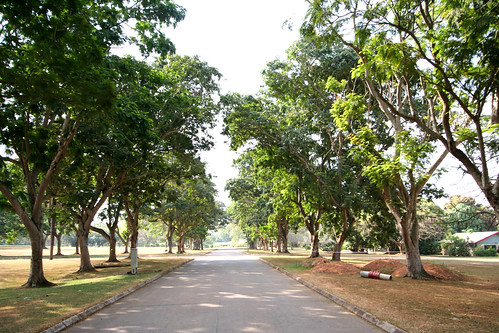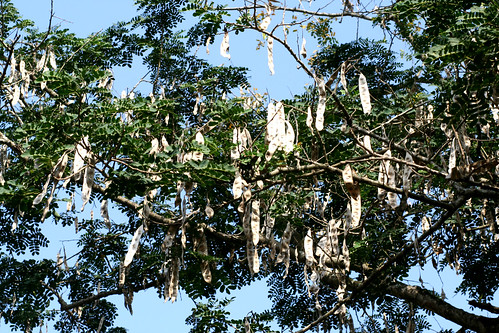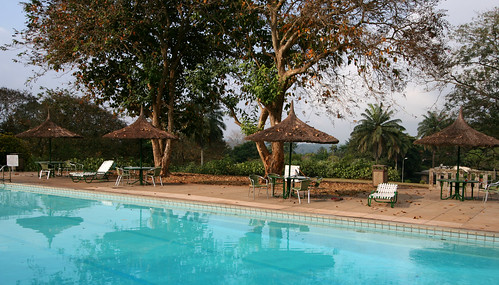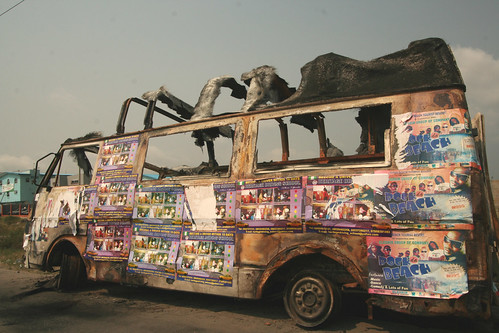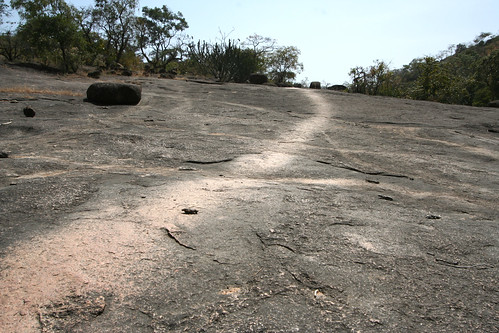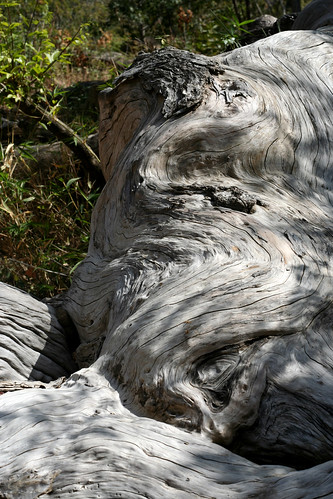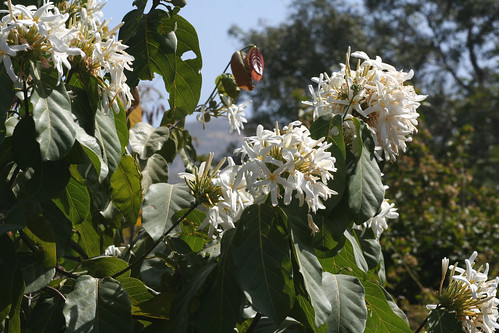Guest essay by Teju Cole
Christmas Eve. The fuel crisis seems to have eased. I just walked by a Kotco filling station, and instead of the congestion and the clot of taxis and cars we’d been seeing this past week, there was an orderly flow of vehicles buying petrol. As recently as two days ago, prices were more than doubled: we were buying N65 per litre petrol at around N140. That price is dropping now.
The shortage was artificial. Greed had something to do with it; oil transporters know that over the holiday period, people are ready to pay more. What we also hear is that some army officer beat one of the leaders of NUPENG, the petroleum workers’ union. In an act of vengeance, the union decided to make the entire country suffer. The country suffered. Countless hours were lost queuing for fuel in “oil rich Nigeria.” The shortage caused suffering in another way: because many roads are narrow, and because impatient drivers can’t form a single orderly queue, the triple-rank of cars at the petrol stations caused nightmare traffic snarls on almost all the major roads in the city. Trips of half an hour took four hours. When I did my book event in Ikoyi on Saturday, everyone was late, some by two hours, and many who had intended to come didn’t show up at all. That same day, heavily armed gangs of thieves roved the length of Ikorodu Road, one of the central arteries of Lagos, holding up the suddenly cash-rich petrol stations.
In the days of Generals Buhari and Idiagbon, hoarding was a serious crime. That was in the mid 80s. The generals had come in on a law-and-order platform (coups, like democracies, have their own selling points). If you hoarded, or dropped litter on the streets, or rushed to enter a bus, you would be flogged or jailed. Buhari and Idiagbon had overdone it, and hadn't lasted long in power. But we miss them just a little now, now that we're more comfortably capitalist, and people can deprive their fellow citizens of essentials with impunity.
Crises of this kind happen in Nigeria anyway. But the current crises happen all the more effectively now because the country is literally headless. Aso Rock, the residence of the president of the Federal Republic, lies vacant, with President Yar'Adua incapacitated in a Saudi Hospital. The rumor, never confirmed, was that he has a kidney ailment, but we were informed a month ago that he has acute pericarditis, an inflammation of the lining of the heart. The condition is serious, and could well be fatal.
As is the case with all countries that feel the need to have a Ministry of Information, information is hard to come by here. The Ministry of Information, as everyone knows, is actually there to disinform and misinform. One thing we do know for sure is that when the president was flown out to Saudi Arabia 31 days ago, Dora Akunyili, the Minister of Information only found out about it on the television news. She was not herself otherwise informed.
Yar'Adua has been seriously ill since before his election in 2007, though he only formally admitted it a month ago. Since then, there hasn’t been a word from him, there have been no pictures, no medical updates, and no prognosis. There's a general sense that he is in the office because it is the turn of the north to rule, the previous president, Obasanjo, having been a southerner. There is a further sense that Umaru Yar'Adua, in particular, was anointed for the role largely because his brother, Shehu Musa Yar'Adua, served as General Obasanjo's military vice-president in the late 70s, and then was in prison with Obasanjo in the late 90s, when Abacha kept large numbers of his perceived rivals locked up. The elder Yar'Adua died in prison, and Obasanjo had a debt of loyalty to discharge.
And so the younger Yar'Adua--prodigiously uncharismatic, visibly sick, so deliberate in manner and indecisive in policy that his name also doubles as slang for "fried snails"--ascended to the highest office in the land. His rule is based on a laconic seven-point plan. Wags point out that he has fulfilled at least four of the seven points, having married off four daughters while in office, every single one of them to sitting governors of northern states, and all of them as the latest wives in polygamous households. Thirty-one days and counting. Official sources in Saudi Arabia say that only his wife, Turai, has seen him in the past two weeks. Is he comatose? Is he already dead? Are the PDP (the ruling party) scrambling to find a suitable Northern replacement? Anything to the rumor that Turai herself might be interested? All the Minister of Information has for us is that it is “in the hands of the doctors.”
Why, any one partial to democratic constitutions might ask, doesn't the vice-president simply take over? Goodluck Jonathan, a Southerner, matches his boss for lack of charisma. His situation is worsened by the fact that, as a member of a minority ethnic group, he has no political base. He's a figurehead diversity pick. Very briefly, he was the governor of Bayelsa state, after the man he served as deputy stole so much money that even Nigerians were astonished by it. Jonathan himself was never voted governor, and he certainly could never win a presidential vote. What many people I’ve talked to believe is that the PDP is trying to pick the next president, have that fellow serve as Jonathan's vice for a year or so, and then have Jonathan step aside at the next general elections.
Those voices, meanwhile, that are calling for an immediate transfer of power, are taking the political risk of their lives, as the president's loyalists are making threatening noises. Several people in Abuja expressed to me the sentiment that, with the big boss away, the stealing from the national coffers has reached frenzied proportions. For some, this is a most delightful time, and shouldn't be brought to an end too hurriedly. The constitutionalists, in any case, have a situation of such intractable elegance in their hands that Joseph Heller would have been proud to have devised it. A new president mid-term can only be signed in if the old president is unable to continue. The argument is that the old president will be fine, and will continue soon, if only we would pray for him (there has been much talk of prayer). The other possibility is that he arrange, in writing, for a formal temporary hand-over before he goes on medical leave. He neglected to do so. Furthermore, any new president must be sworn in by the Chief Justice of the Federation. So far, so sensible. The problem is that, on December 31, there will be no Chief Justice of the Federation. The old justice, Idris Kutigi, is retiring. A new justice (one has been nominated) can only be confirmed by the president of Nigeria. Without a president, the Chief Justice cannot be sworn in. But without a Chief Justice, a president cannot be sworn in. Catch-22 might be too mild a term for it, and it is precisely the kind of manufactured disorder that makes junior officers itchy in their army barracks. Which: God forbid.
The current Attorney General seems to have suggested that, according to section 5 of the constitution, the vice-president or any of the ministers can exercise executive power on behalf of the president. He was shouted down from all quarters, and appears now to be in some political jeopardy. The jeopardy is spreading: this past week, Ahmed Shekarau of the People’s Daily was picked up by the State Security Service for piece he did on Yar’Adua’s illness. They detained him at their offices for four hours, allegedly for a “routine discussion.” No one who remembers the Abacha years can read these words without shuddering a little.
Meanwhile, there are important governmental priorities that are being held up. Only the president has the right to sign national budgets, and a massive supplementary budget has been passed by the senate. It's going nowhere, since the vice-president is not authorised to sign it.
But, thankfully, not everything has come to a standstill. The Federal Government has just approved N7 billion (around $50 million) for the construction of a new residence for the vice-president. Everyone is in cheerful earnest about it.
The vice-presidents, from 1999 until 2007, have lived in a palatial residence, but that has lately been given over to the Chief Justice. Why? Because that's what the Abuja masterplan calls for, and the masterplan must be followed at all costs.
The vice-president will now get a residence, as Akunyili put it, "befitting his status." The contract has been given to Julius Berger, and construction will take twenty months. So, presumably, the residence of the Chief Justice will soon lie empty, the presidential villa remains empty, and we are sinking $50 million into a vice-presidential villa. The approved supplementary budget of N356 billion remains unsigned. Oh, and the position of the President of the Appeals Court is also vacant, awaiting presidential confirmation. It would be unbearably funny if it weren’t so nasty and grim.
What is clear is that, twenty-months from now, Goodluck Jonathan will not be vice president, and he probably won't be president either. The president will be the Chosen One from the north, whomever he or she turns out to be, and the vice-president will be another figurehead southerner.
I was in Abuja two weeks ago. A clean, unlovely town, not built to human scale. One afternoon, driving down one of the city's broad, bare boulevards, I saw the monolith of Aso Rock in the distance. On the right side of the forested hill, near the summit itself, was a bush fire. It was like an apparition, and it was hard to believe that so large a fire was raging unattended in the heart of the capital. The flames leapt like angry tongues, and grey smoke billowed into the still blue air. This must be uncomfortable for the residents of the presidential villa, I thought, but then I realised it was quite alright. There is no one at home.
|


